
The old can be seen in the three sheep who keep the lawn trimmed around the historic structure. The new has come in the form of online classes offered through ChurchNext.
The Rev. Anne Bridgers, rector at St. Peter’s Church says she liked the description of online Christian formation “as adding yet another arrow in the quiver” of lifelong Christian formation; and using this “online platform in this cyber day and age of ours was an obvious decision that for the parish.”
The parish has opened up a few courses in the fall series, but will open up the entire bank of offerings beginning Nov. 1, allowing parishioners to choose their own courses. Both the young and not so young have been participating, and what has been particularly beneficial is that adults caring for older parents as well as young children can now also more fully participate. Rev. Bridgers states that they were expecting to have a least six members sign up for classes, but were extremely pleased when the sign up rate more than doubled that expectation.
As for the old, that remains with the three sheep that graze the historic church property – no need for the newfangled lawnmower. Our three friends, along with the mandate of the church’s patron St. Peter, who directs us to feed “the flock”, have been the big influence on the online school’s name FLOCK (Flexible Online Learning in Community For the Kingdom), and they charmingly appear in the school’s logo –a sheep “doing its thing” at a computer.
Three sheep, big FLOCK, eager parishioners and faithful staff are shaking things up a bit at St. Peter’s Church of the Great Valley, taking this bold step to sustain an age old commitment to lifelong living and growing in Christ in a brand new way.




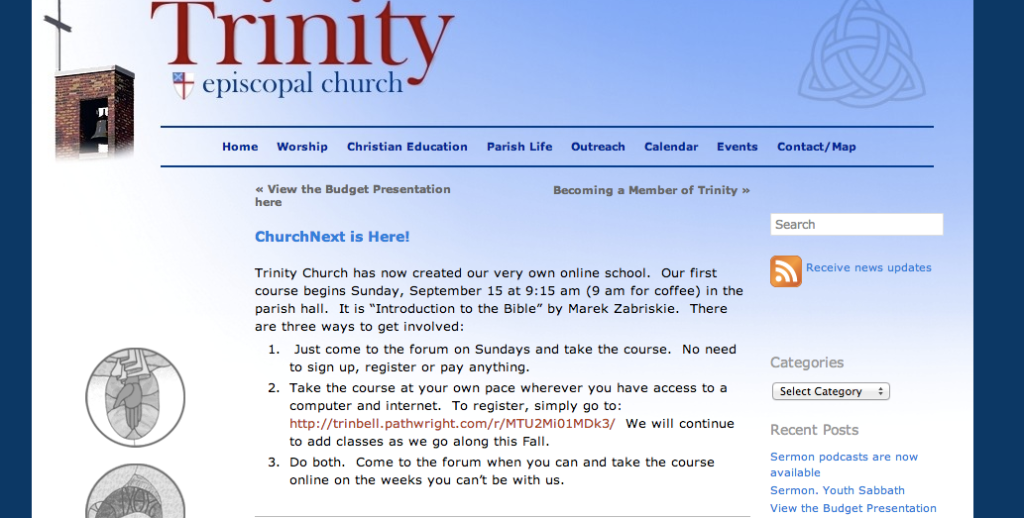
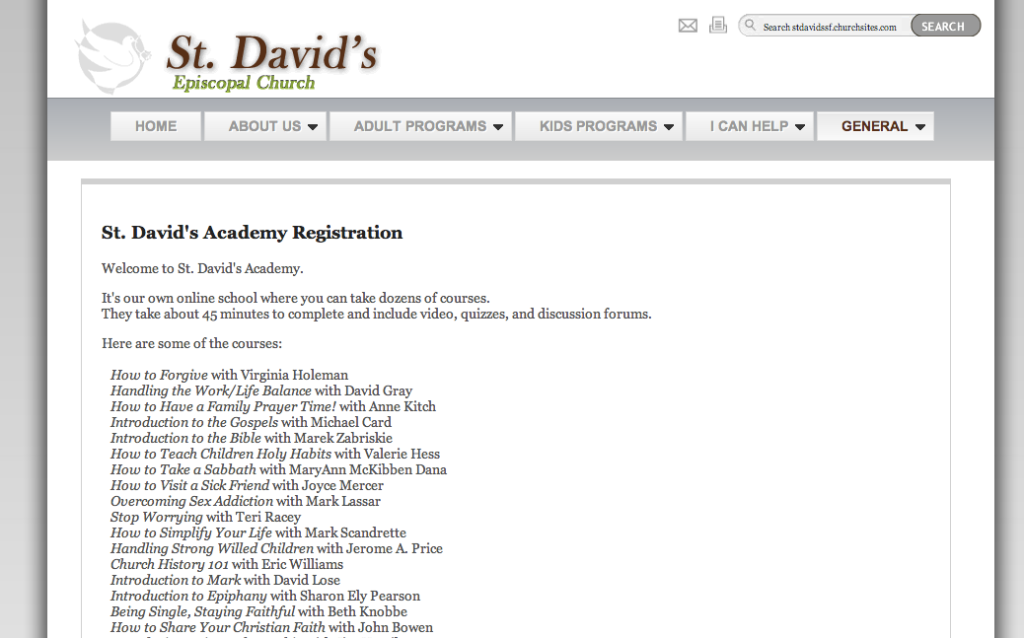
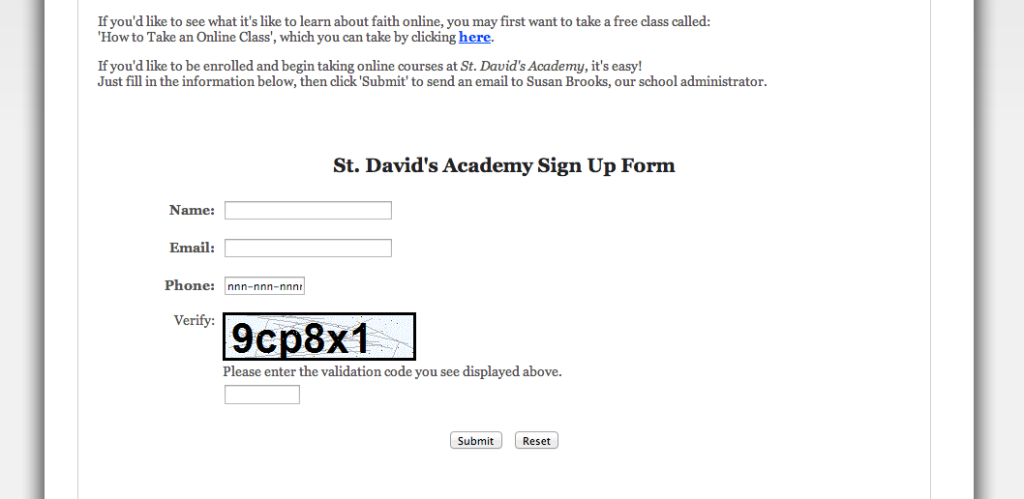



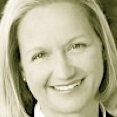


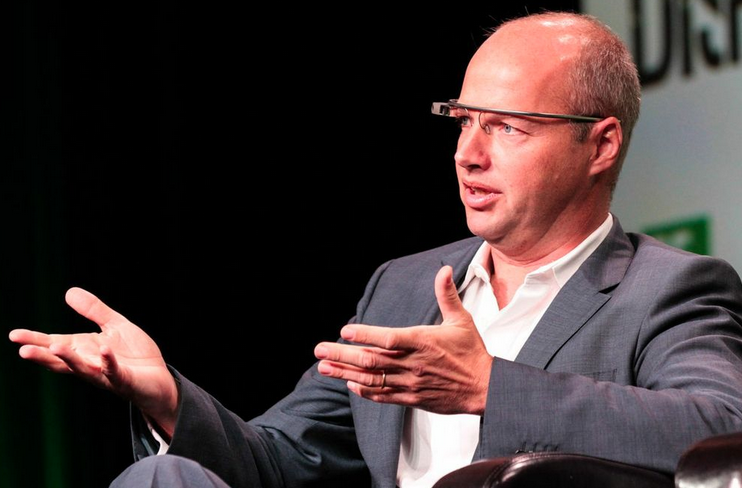 In a world where higher education is expensive and much of its funding is failing, what do we do? With tuition increases – as well as student debt – are there other alternatives to giving people the education they need that’s not only affordable but actually prepares them well for the work they want to do?
In a world where higher education is expensive and much of its funding is failing, what do we do? With tuition increases – as well as student debt – are there other alternatives to giving people the education they need that’s not only affordable but actually prepares them well for the work they want to do?
